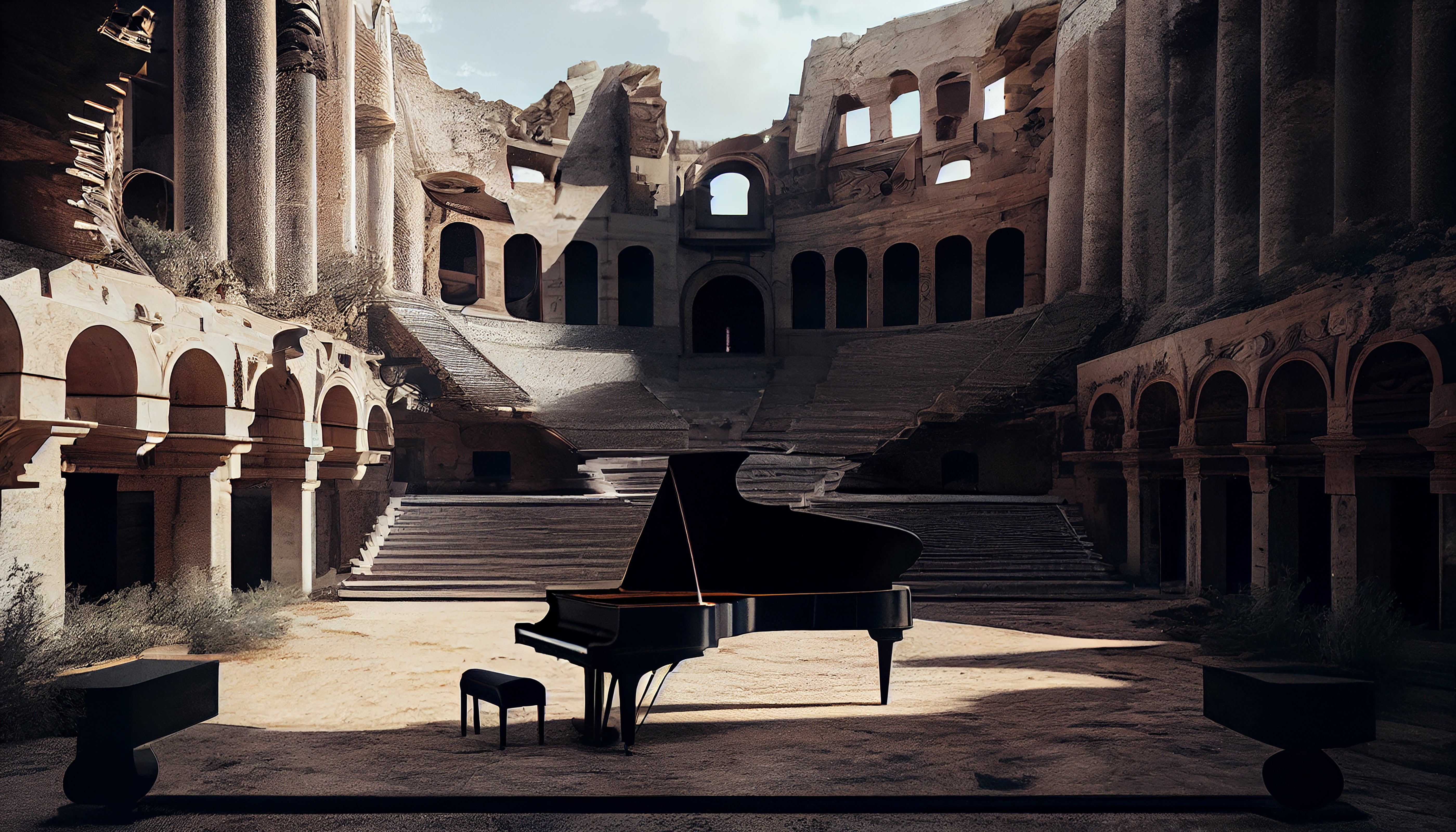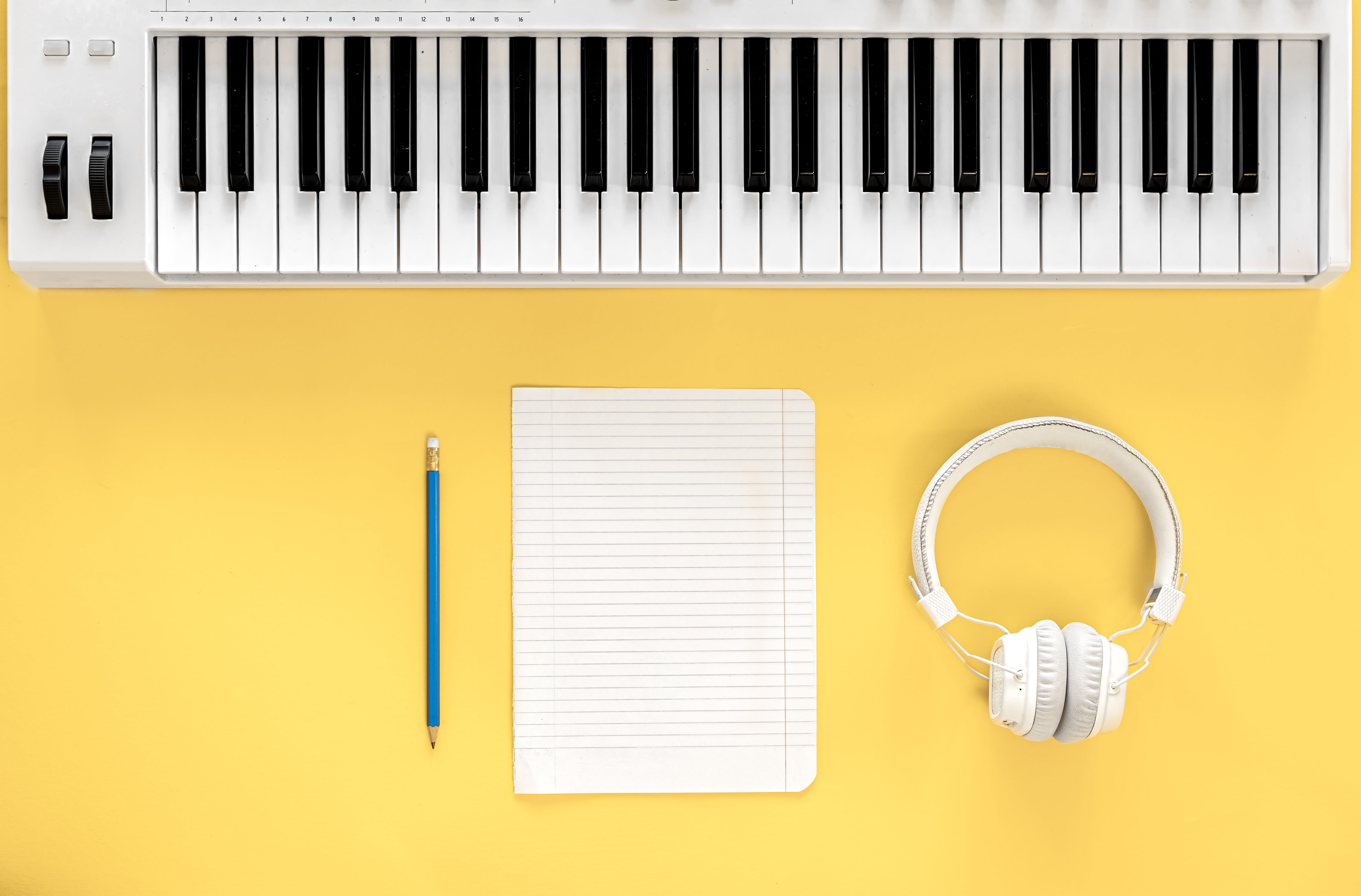Learning to play piano is an enriching activity for children. In addition to the pleasure of playing music, it offers many advantages in terms of cognitive, emotional and social development. In this article, we present the many benefits that learning the piano can bring to children!
1. Cognitive and academic development
Improved mathematical skills
Learning to play piano involves understanding musical rhythms, measures and patterns, which in turn stimulates the development of children's mathematical skills. By playing piano, they learn to count, divide measures and recognize patterns, which reinforces their mathematical skills in a playful way.
Improved memory and concentration
Learning to play piano requires concentration and memory to read the score, coordinate both hands and remember notes and chords. This regular practice strengthens children's short-term memory and ability to concentrate, skills that can be transferred to other academic areas.
If your child despairs of music theory, there are solutions like our Piano LED Plus! It lets you learn piano by light guidance.
Developing motor skills
Playing piano requires fine coordination of hands, fingers and feet. Children learn to use each finger independently and to coordinate the movements of both hands simultaneously. This promotes the development of motor skills, dexterity and coordination, which can be beneficial in other physical and artistic activities.
2. Emotional fulfillment and creativity
Emotional expression
Piano is a powerful means of expressing emotions. By playing different pieces of music, children learn to convey feelings such as joy, sadness, anger or melancholy through music. This fosters their understanding of emotions and their ability to express them in a healthy, creative way.
Reducing stress and anxiety
Playing piano can be a form of relaxation and stress relief for children. When they focus on music and piano playing, it allows them to relax and disconnect from sources of stress and anxiety. It's a way of channeling their emotions and finding mental balance.
Developing creativity
Learning piano encourages children to explore their creativity by giving them the opportunity to interpret and create their own music. They can experiment with variations, harmonies and arrangements, stimulating their imagination and developing their artistic sense.
3. Social interaction and self-confidence
Participation in musical performances
Children who are learning piano often have the opportunity to take part in concerts, auditions or music festivals. This enables them to perform in front of an audience, share their talent and develop their self-confidence. These experiences also foster social interaction with other musicians and music lovers.
Collaboration with other musicians
Playing piano can also encourage children to collaborate with other musicians, whether playing in a duo, ensemble or band. This helps them develop skills in listening, synchronizing and communicating with others, while cultivating a sense of harmony and teamwork.
If you want to know how to play piano in a group and the advantages of this practice click here!
Valuing effort and perseverance
Learning piano requires regular practice and perseverance to progress. Children learn to set goals, work hard and overcome obstacles. This strengthens their self-esteem, discipline and ability to persevere in other aspects of their lives.
Conclusion
Learning to play piano offers many benefits for children, cognitively, emotionally and socially. By developing musical skills, stimulating creativity and fostering social interaction, it contributes to balanced overall development. Encouraging children to learn the piano can open doors to new opportunities and enrich their lives with a lasting passion for music.
If you have any questions about the ideal piano to start playing, read the article!





Leave a comment
All comments are moderated before being published.
This site is protected by reCAPTCHA and the Google Privacy Policy and Terms of Service apply.